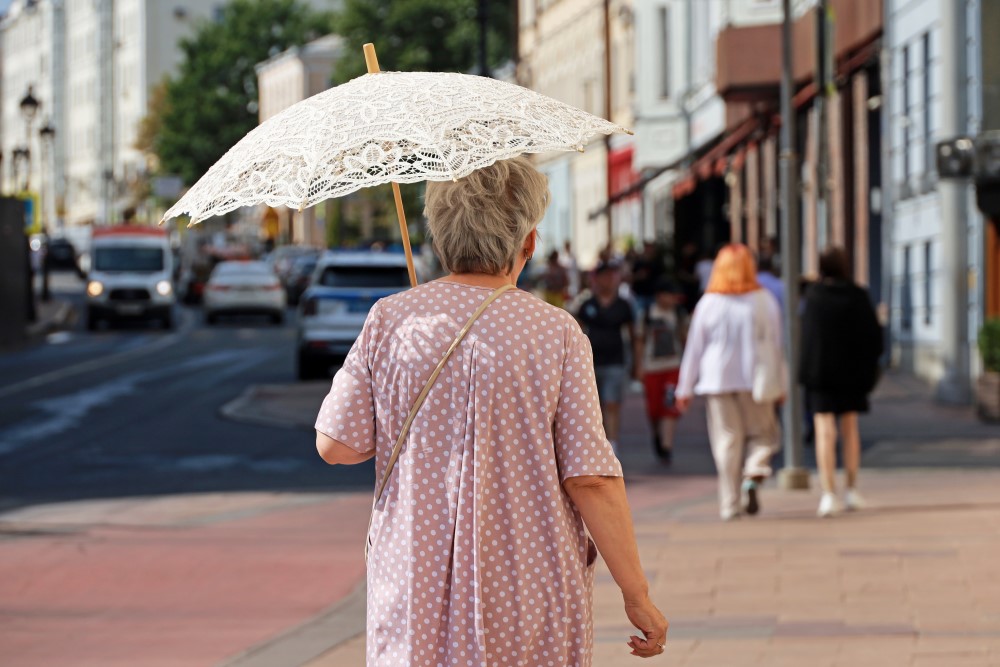Long periods of extreme heat could increase the biological age of older people by more than two years
Research has analyzed how extreme heat influences the biological age of elderly populations, specifically in the United States. The study, published in Science Advances, used blood samples from more than 3,600 adults with an average age of 68 collected between 2010 and 2016. The team compared epigenetic aging trends with the number of days of extreme heat in the participants' places of residence. The models showed that more days of heat or long-term heat — over a period of one to six years — increased the biological age of the participants by more than two years.

Manuel Collado - calor epigenética
Manuel Collado
CNB-CSIC Scientific Researcher at the CiMUS of the University of Santiago de Compostela, IDIS. Laboratory of Cell Senescence, Cancer and Aging
In recent times we have witnessed a wave of scientific articles that try to take advantage of the recent development of the so-called 'epigenetic clocks' to try to establish the effect on the speed of aging of multiple factors. These epigenetic clocks are based on the observation that the 'marks' with which DNA is modified or which modify histones, proteins that are involved in the compaction and organization of the genome around which DNA is wound, what we call the 'epigenome', accumulate as we age. The significance of this increased epigenetic modification of the genome during aging is unknown. Whether this happens randomly or follows established patterns, or whether it has functional consequences, altering, for example, how the information encoded in the genome is expressed, or is something accidental with no involvement in the aging process is currently unknown. In fact, there is much debate as to whether these epigenetic clocks truly and accurately reflect biological aging, as many claim. The most skeptical assert that the results of these studies are biased by selecting the clock or computer analysis that best suits the researchers' expectations.
In this particular case, the study variable is exposure to an increasing number of days of extreme heat. In an attempt to relate these extreme phenomena to their impact on human health, the researchers applied various epigenetic clocks to determine whether heat accelerates biological aging, a conclusion they reached. In favor of the study, the authors used several epigenetic clocks, determined the biological age of the population and then tried to study whether there was a correlation between the acceleration of aging and the number of days of extreme heat recorded for the areas in which these people lived in the six years prior to the study.
In the absence of a better understanding of what these mathematical measurements really reflect and to what extent they are really related to biological aging, all these results must be taken with caution, especially because they conform to expectations and are observations, that is, they are not susceptible to being tested by proposing experiments that really establish a causal connection between clocks and heat (in this case).
Eun Young Choi et al.
- Research article
- Peer reviewed
- People



